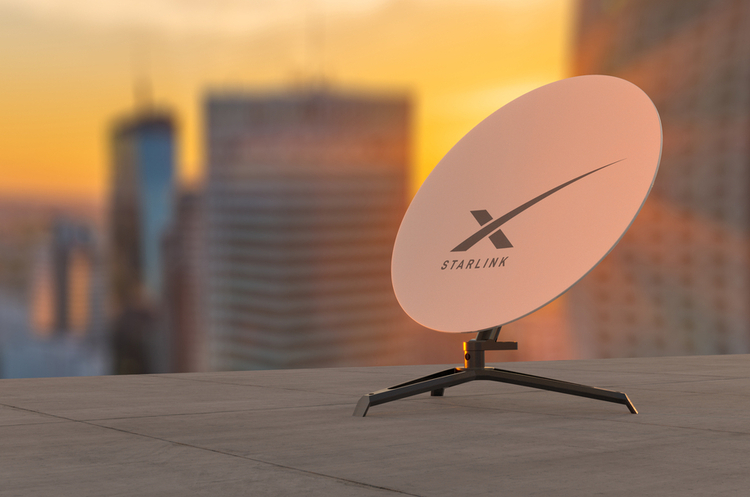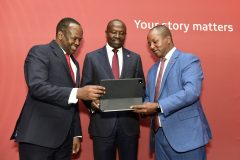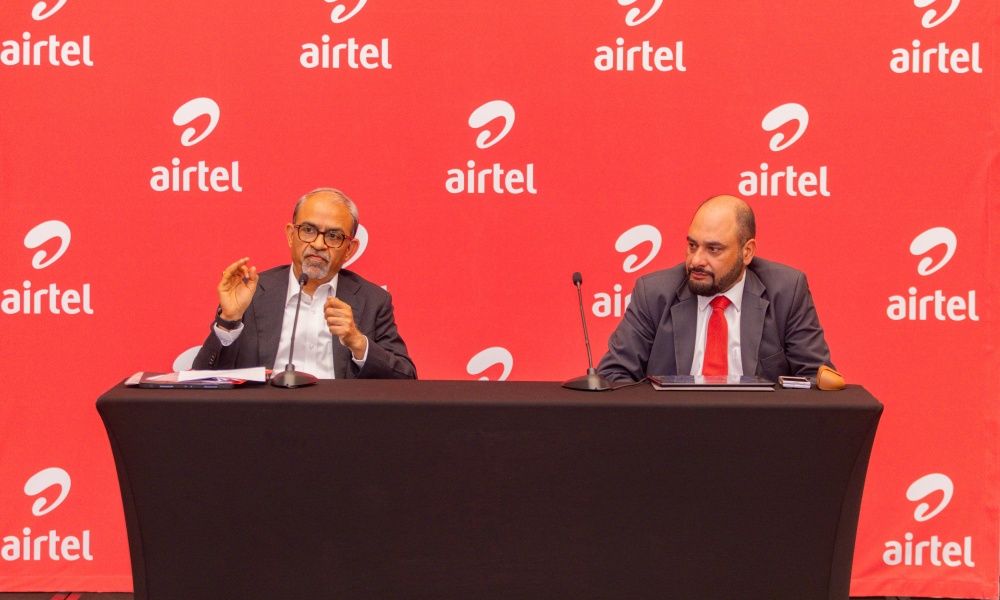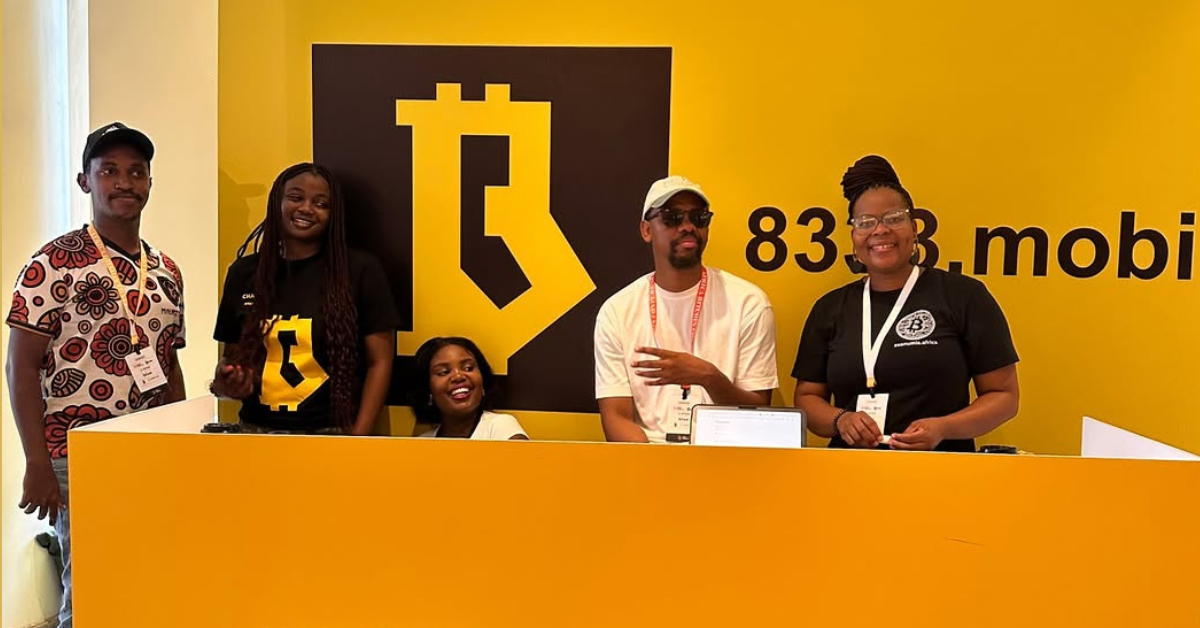Starlink has launched in Kenya, offering broadband via satellite signals. It aims to benefit rural areas, but its high cost makes it impractical for many. While Safaricom plans to compete with satellite internet services, local ISPs remain a reliable choice.
Starlink has finally launched in Kenya. Manufactured by Elon Musk’s space exploration company, SpaceX, Starlink offers broadband connection via satellite signals, similar to how some TV companies, like MultiChoice’s DStv, transmit signals to television sets. The arrival of this product in the country is intriguing because it is unique and holds the potential to benefit customers who have eagerly waited for it since the waitlist went live. Interested parties had paid a $99 fee to reserve Starlink and have since been notified about its availability via email.
Kenya is among the few African countries with access to Starlink, along with Mauritius, Mozambique, Rwanda, and Nigeria. Nigeria was the first country on the continent to be served by the service, eliciting mixed reactions from users and enthusiasts. A similar reception has been observed in Kenya, where some people are excited about the product while others remain unaffected.
The cost of Starlink in Kenya
The primary reason why Starlink may remain a niche product is its high cost for an ordinary Kenyan. In addition to the non-refundable booking fee of $99, customers must pay KES 89,000 ($628) for the kit, which includes the Starlink dish, mounting stand, cables, and a power source, along with KES 3100 ($22) for shipping and installation, totalling KES 92,100 ($650). Furthermore, there is a monthly subscription fee of KES 6500 ($46). In contrast, ordinary fibre-powered broadband connections from local providers like Safaricom and Zuku cost a fraction of that amount. Customers usually only pay monthly subscription charges and receive free other hardware components, such as routers, from their internet service providers. Local ISPs also offer a complimentary ethernet cable, whereas Starlink charges an additional fee. Starlink has partnered with connectivity firm Karibu Connect as an authorised reseller in Kenya.
Tech blogger and ICT consultant Emmanuel Chenze says that Starlink does not make sense to people who local broadband providers already serve. “If you’re in any major town in Kenya, why would you bother with Starlink? Chances are, local ISPs very well serve your area, and there’s very good fibre connectivity where you are. Does the high initial set-up cost of Starlink make sense to you? I’m in a 2/3-person household, and the 50mbps I pay for from Safaricom is more than sufficient for our needs. It costs me 5k per month. Even in a year, I won’t have spent the 90+k you’ll spend on your Starlink set-up costs and a further 72k on the monthly subscription,” he said in a tweet.
Some agree that Starlink’s launch in Kenya will provide quality broadband internet to people who lack access to it, particularly those in rural areas. This initiative makes sense because many localities, besides major towns and urban centres, lack wireless or hardwired internet providers. Starlink aims to bridge the gap for a specific group in unserved and underserved areas. However, the major drawback is its high price, which makes it unaffordable for many potential users.
Moses Kemibaro, one of the customers who booked the service, says, “Buying the Starlink terminal will set you back a total of KES 89,000, which includes a shipping fee of KES 3,100. At the same time, the monthly subscription would be KES 6,500, which doesn’t seem ridiculously priced but is still more than what I currently pay for my home Internet service.”
Speeds are great but useless for online gamers
Starlink offers two packages in Kenya. The first one provides downlink speeds ranging from 25 to 100Mbps and uplink speeds of 10Mbps. The second package offers even higher speeds, reaching up to 250Mbps for downlink and 35Mbps for uplink. While the uplink speeds are impressive, Starlink acknowledges that actual speeds may vary, likely due to cloud cover and weather-related issues. However, it’s important to note that Starlink is unsuitable for gaming due to its high latency.
“Users will be able to engage in common internet activities like email, online shopping, or streaming a movie, but they won’t be able to engage in activities like online gaming or video calls. Service will improve dramatically over the next year,” says a sign-up statement in an email sent to customers.
Competition is gearing up
Safaricom plans to launch satellite internet services, which coincides with Starlink’s offering in Kenya. This product will target customers in rural Kenya. The service will be provided through a partnership with AST SpaceMobile, Starlink’s competitor, which Vodafone Group Plc, Safaricom’s parent firm, supports financially. AST SpaceMobile aims to establish the world’s first space-based mobile broadband network for standard mobile phones. This satellite data service will supplement fibre optic cables, Wi-Fi, and cellular networks. Under this collaboration, Safaricom and AST SpaceMobile will evenly share revenue. They have agreed to maintain market exclusivity within their regions to ensure the partnership’s success.
Starlink is a niche product in Kenya
In urban areas of Kenya, having a Starlink connection might not be the most practical choice unless it’s specifically for business purposes. This is because the local fibre network already serves these areas very well. However, if you have the financial means or are dissatisfied with the local ISPs, having Starlink as a backup option could be beneficial.
Starlink may not be fully ready to cater to most rural areas in Kenya. But once it is, that’s where it will truly shine and offer great value for money. Sticking with the known local ISPs is the easier choice despite their imperfections. These local ISPs are generally reliable, even if they have their flaws. For instance, Zuku and Safaricom may be experiencing some service issues, but they still try to provide a satisfactory experience.




















